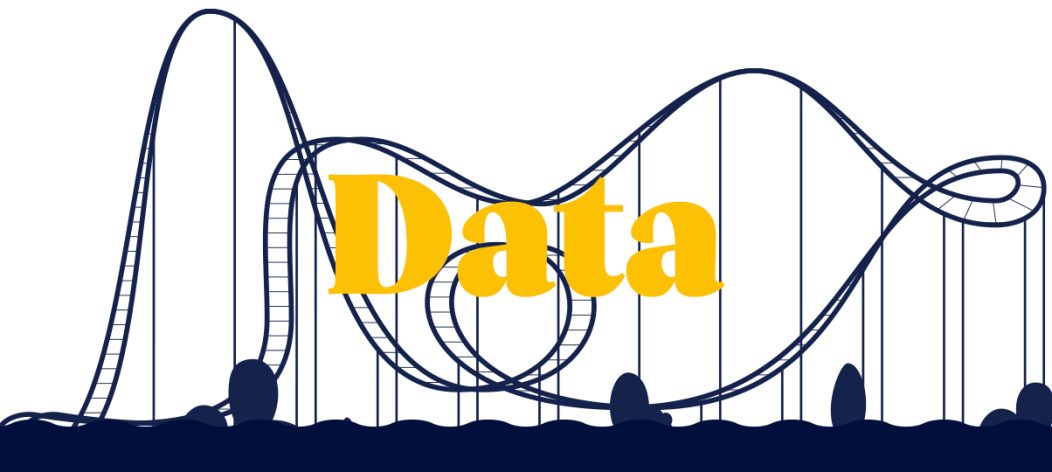

B2B marketing has a problem: information overload. Of course, this isn’t unique to the B2B world – we live in an age of information overload – but it still stands that there is an enormous amount of data available to marketers. The trouble is – this data is often underutilised.
According to Gartner, by 2026, “65% of B2B sales organisations will transition from intuition-based to data-driven decision making, using technology that unites workflow, data and analytics”.
Basically, given that the future of B2B sales will be even more data-driven and digital, the amount of under-analysed and overlooked data will increase.
This opportunity is missed for a number of reasons. Sometimes, there aren’t enough hours in the day. Other times, B2B marketers don’t have the right tools. And often, marketing teams don’t have the right talent.
Ultimately, which role your team needs depends on what problem you’re facing. Whether it’s measuring success, identifying your target audience, narrowing down personas, creating more relevant content or expediting the sales funnel, data-driven professionals can help in any number of ways.
Take data scientists and data analysts. In B2B marketing, both roles can offer significant value.
The two job titles often get confused but, while the skillsets overlap, the roles are actually distinct.
Simply put, data scientists look to the future; they create models to predict consumer behaviour and detect emerging patterns. They may use machine learning to look at post-sales interactions. From this information, they may come to understand which interactions are likely to encourage a lead to make a second purchase.
Data analysts, however, look at existing data to suss out what’s been going on. They may look at the footprint of digital customer interactions to figure out where and when leads are lingering, they can highlight inefficiencies in processes and spot opportunities for optimisation.
Then you have SEO specialists. Their role is to find out how your content is working. Perhaps more importantly, however, they can help you find out how it’s not working. If a lead comes from Google because they have searched for a specific keyword, then you know that keyword can be used again. They can also delve into backlink data, which can lead to networking and partnership opportunities.
The latter is crucial, as partnerships are becoming more and more popular. As Jon Stimmel, chief growth officer at Sabio Holdings has written, B2B players are currently keen to seek partners to “help spur ideation, information-sharing and innovation”. As OG’s own Billy Hamilton-Stent has also said, “We are looking at a world that is defined by high levels of automation, defined by ever-increasing amounts of data that we can access and effect, and increasingly defined by partnerships”.
Marketing has always needed people with both creative and analytical brains. But considering the shift to e-commerce and digital-first B2B sales models, the need for data- hires is becoming increasingly apparent.
And while the phrase “data-driven professional” is just another cliché anyone can slap on their CV, data-driven hires can effect real change. With the right talent, data can help teams make sense of the data available, optimise, and grow. So the question is: who is your next data-driven hire going to be?
The latest (and most useful) B2B insight, delivered to your inbox.
Publicis Pro needs the contact information you provide to send you the latest B2B insights. You may unsubscribe from these communications at anytime.